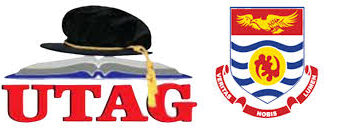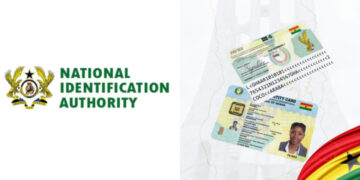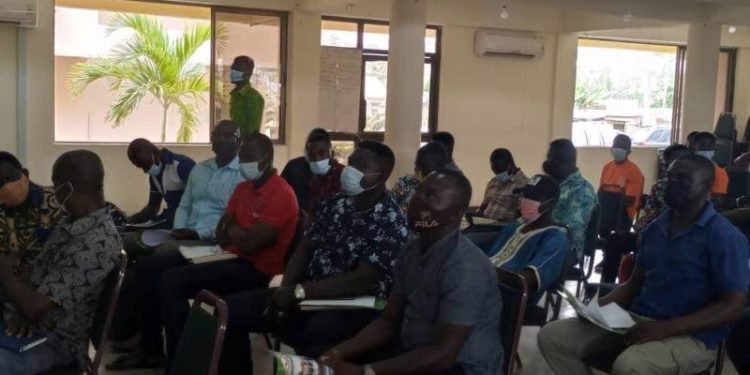The Environmental Protection Agency (EPA) has trained 68 liquefied petroleum gas (LPG) attendants on gas handling and management professionalism.
The step, it said, was made to help prevent disastrous LPG refilling accidents and explosions that had occurred in several of the country’s most prominent locations.
The three-day workshop will also provide participants with insight on how to stay up with new and evolving technology, as well as how to improve the skill requirements of different business players.
Mr Shine Fiagome, the EPA’s Central Regional Director, said the steady growth of Petroleum Products Retail Outlets (PPRO) had resulted in an explosion of outlets even in the most remote areas of the world in his statement.
Read Also: “Bring home gold for a handsome reward” – Minister
This, he added, had brought with it some major problems that had caused fear and panic among the general public over the years, making the sector unpopular.
The training, according to the Director, would improve participants’ awareness of proper handling, make them more effective in reacting to the Agency’s regulatory requirements, and offer a forum for players to put their problems to the forefront, among other things.
Mr Samuel Otu Larbi, a specialist, urged participants to be aware of potential dangers, to be trained, to be cautious at all times, and to make carrying personal protective equipment a routine.
He said that in order to handle the risks, one must understand the operation of all safeguards and protection protocols in effect because safety management is a knowledge-based process.
Mr. Larbi warned all industry players to be wary of gas leaks, claiming that they were the leading cause of fire blasts and outbreaks.
“Negligence may result in serious burns, air contamination, trauma, and, in the worst-case scenario, untimely death,” he said.
The Acting Director of Field Operations, Mr. William Hayfron-Acquah, urged the public to prioritize their protection by self-discipline and to follow all regulatory guidelines.
He also encouraged all to be proponents of better standards in the usage of liquefied petroleum, and dealers to tell their clients what was correct and acceptable in order to help deter accidents “a threat to ourselves.”
SOURCE: ATLFMONLINE

























